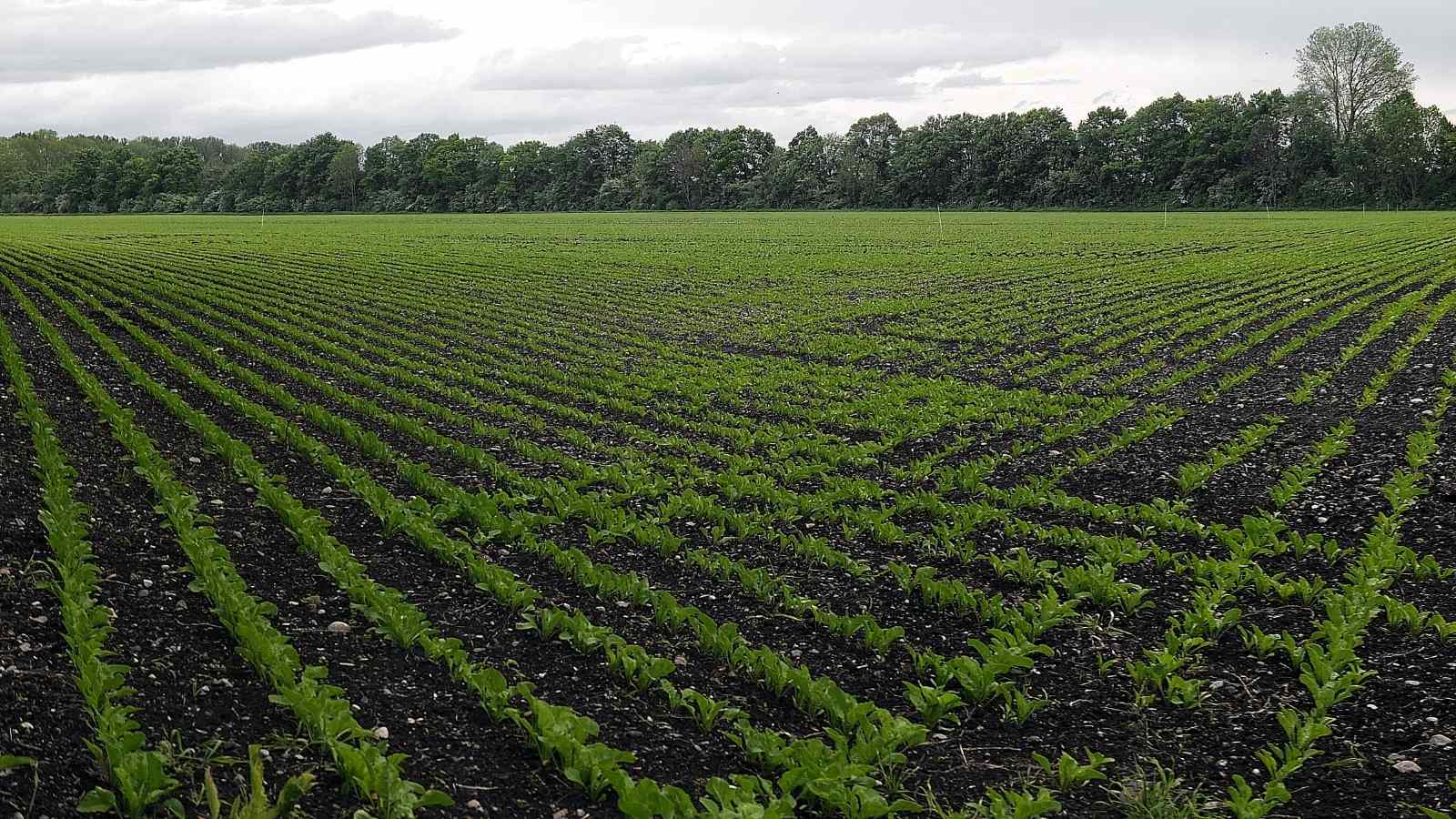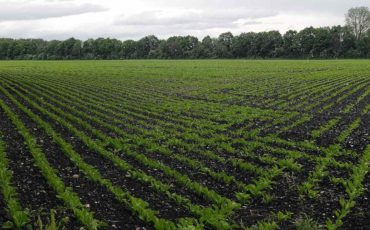Fertilizers, pesticides, weedicides and herbicides seem to play a very important role in the field agriculture. From the very initial step of farming, that is the tilling of the soil to the preparation of the field for planting of crops, fertilizers are needed at every step. Fertilizers, be it chemical or organic fertilizers, are infused in the soil at each step of farming to prepare the same. With the rising awareness about the environmental concerns, farmers are switching to organic farming means.
Different residues from farming and other agriculture related activity like cow dung, crop residue is being used to increase fertility of the soil. However, the cost incurred in buying fertilizers and pesticides, be it organic or chemical is very high. The cost further seems to be very high as the crops can only use at most half of the fertilizers applied and the rest gets wasted as run off or other. Owing to the leaching process when the soil gets washed off, it carries away the fertilizers and manures too.

These run off chemicals then get added into the water bodies nearby, thus polluting them. A part of the wasted fertilizers and chemical substances gets into the water bodies. The other part of the wasted fertilizers is taken up by the leaches or parasitic organisms. Over the years, statistics reveal that farmers are not only paying a hefty price which is leading to wastage of major portion of the fertilizer, but they are also suffering from a major loss owing to inefficient productivity of the crops. Here in we have brought various ways to increase the fertilizer efficiency on the farm land in detail which will help all farmers.
2 Important ways to increase the fertilizer efficiency on the farm land
1) Soil analysis is very important to understand fertilizer requirement
The inefficient use of the fertilizers can be curbed by the farmers by understanding the needs of the soil. Through soil analysis or soil testing, at first the pH needs to be checked to understand the requirement for the crops. The fertilizers that will be used should not disturb the pH level of the soil as required by the plants. So, after the pH has been detected, then the properties of the fertilizers should be taken under consideration. Once both the requirements of the plant match, then only the fertilizer should be selected for the respective plants.
The soil analysis does not simply expose only the different chemical components of the soil, but it also reveals the nutrients readily available in the soil for the plants. Apart from continuing with the regular check ups of the soil for plantation, every year or at least within every 2 years, the soil of the entire field should be tested. The year wise soil testing is highly recommended as we know that over the years the nutrient level keeps on decreasing year after year. Moreover, it is also important to understand, with decreasing soil nutrients, the amount and type of fertilizers, manure will also vary. This will continue until and unless the top layer soil of the field is replaced.
Once the soil testing is done, the farmers can then simply spray only the amount of fertilizer which will help in optimizing the growth of the plants. This method of soil analysis thereby helps in reducing fertilizer wastage. This process thus helps to increase the fertilizer efficiency on the farm land.
2) Increasing the means of fertilizer technology by the method of precision farming
The farmers over the years, have understood that all fields cannot provide equal yield. Through the methods of crop rotation or by planting nitrogen rich crops like leguminous plants, there might be chances of retaining the nutrient level of the soil. But with large scale production, this type of natural techniques will not be effective for long.
So, at the end of the day the farmers have to resort to chemical fertilizers to keep up with the increasing demand from their farm lands. Since the cost of the chemical fertilizers are very high, therefore, the method of precision farming is very important. Precision farming speaks about infusing only the required amount of fertilizers at proper sequence. This helps to increase the fertilizer efficiency on the farm land. To make way for accurate increasing the fertilizer efficiency, there are many instruments.
Different machines like crop yield monitors, manure and fertilizer sprayers and the global navigation satellite systems help in monitoring and increasing the fertilizer efficiency. This precision farming technique does not include the whole farm land. It takes under consideration only the portion involved in intensive farming. This way it helps to increase the fertilizer efficiency on the farm land.

